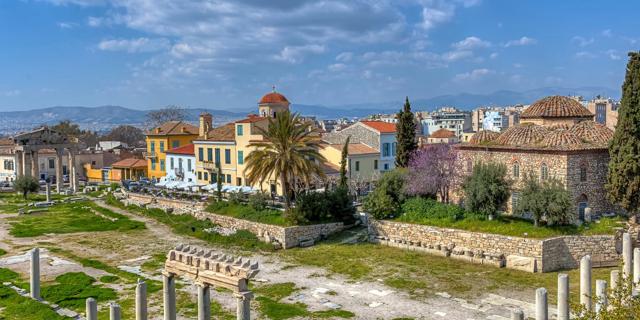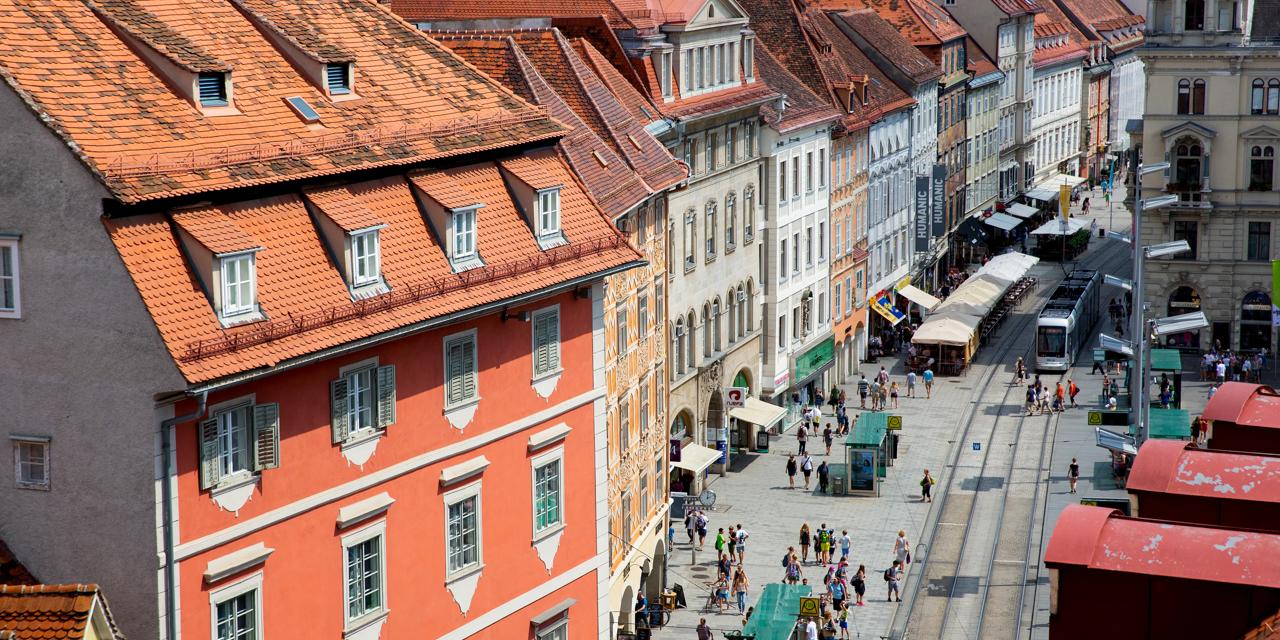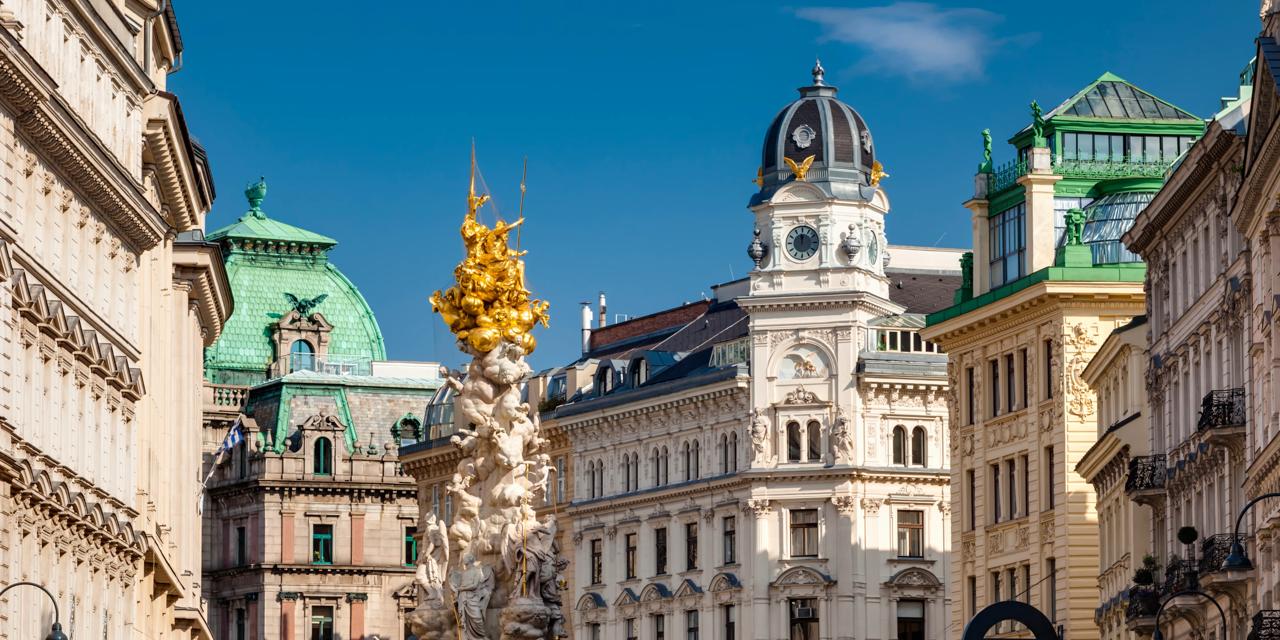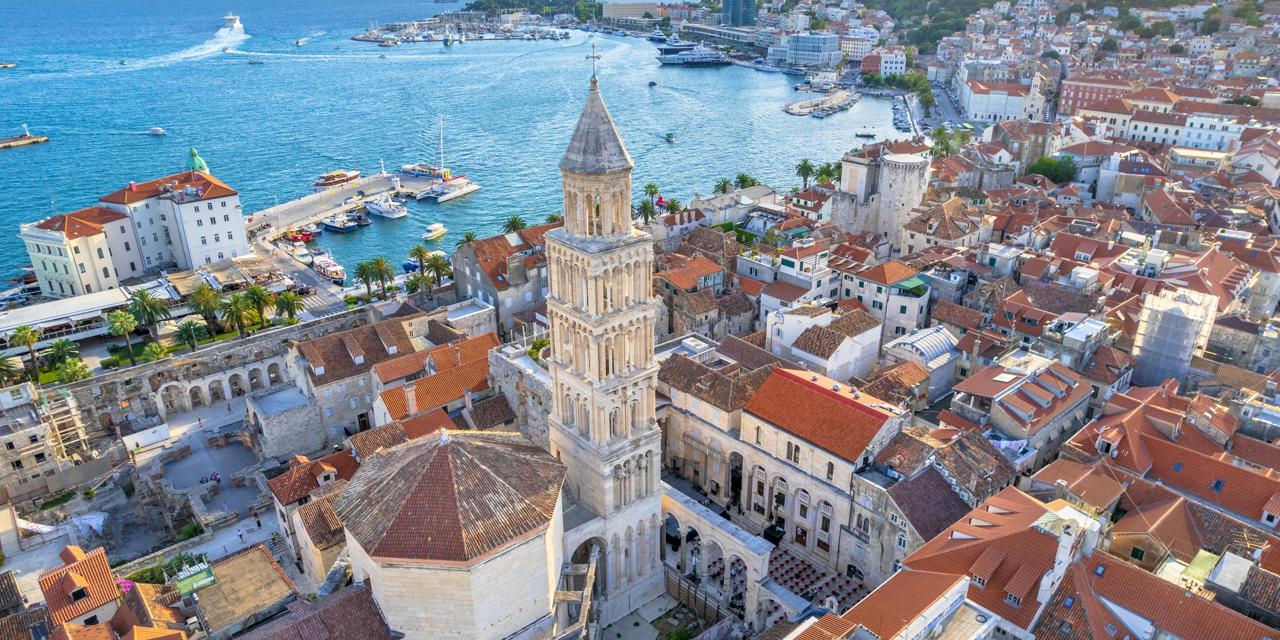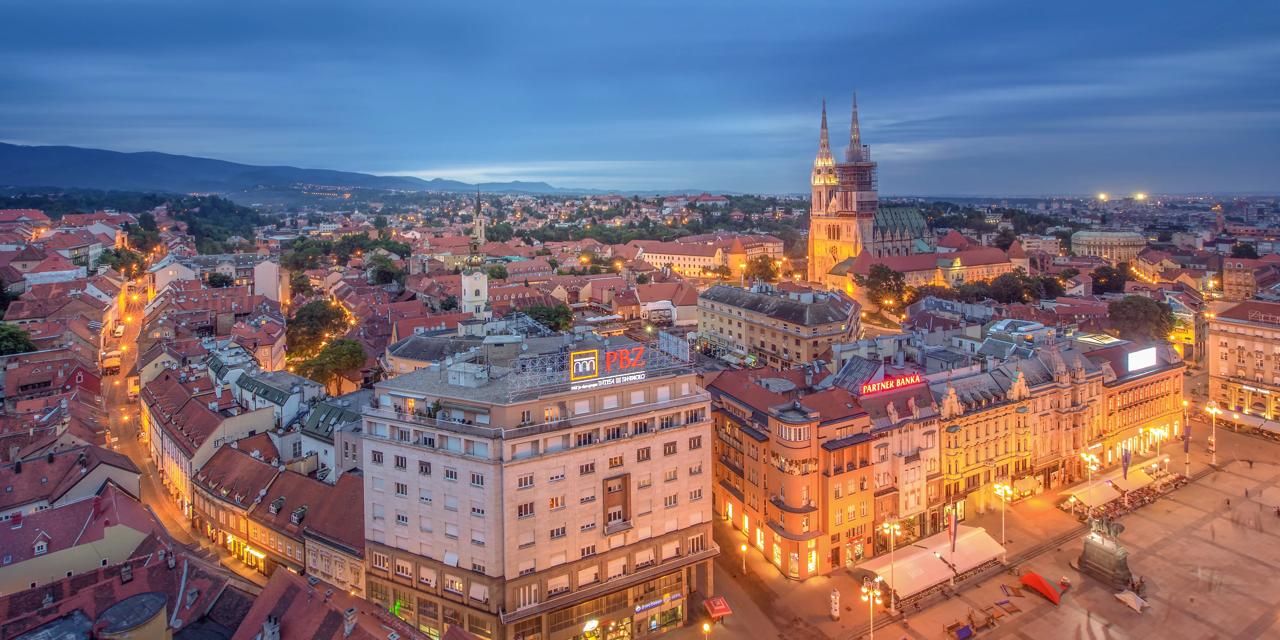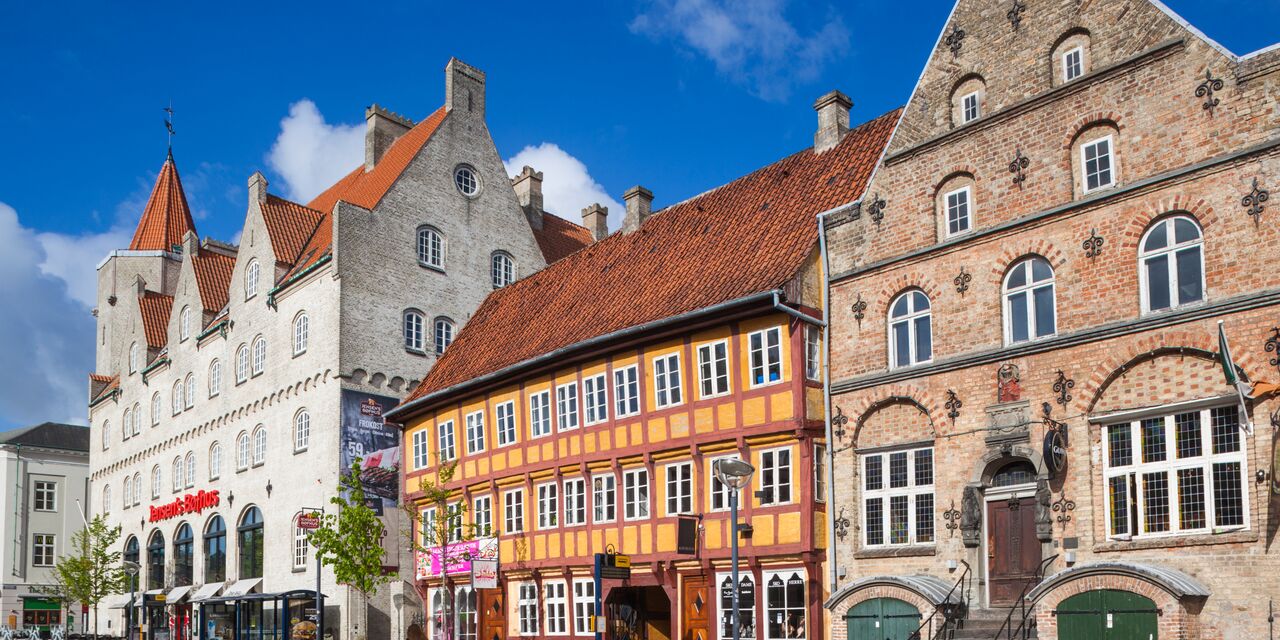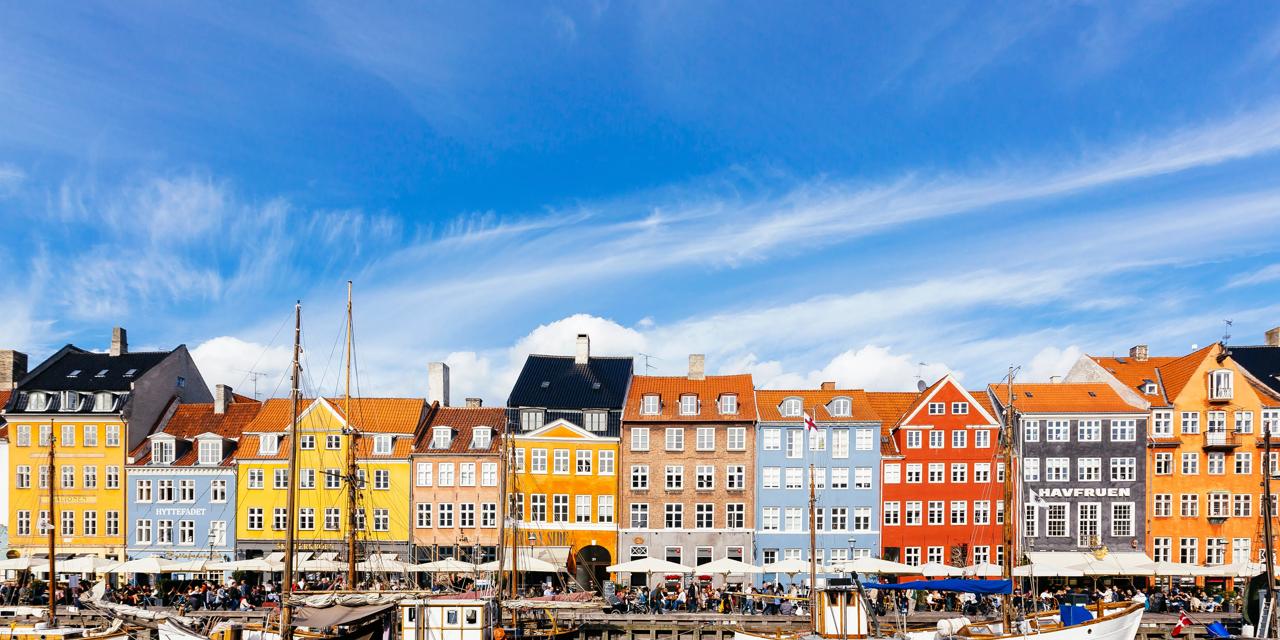The symbol of Athens: the Acropolis
The Acropolis is probably the most important ancient Greek monument. This 2,500-year-old ruin city dominates Athens from the top of Acropolis Hill. And although the Parthenon Temple with its landmark columns is the most famous monument on the hill, it is only one of the many treasures the Acropolis has to offer. After years of restorations, the palaces, columns and sculptures once again reflect the city’s splendour, power and wealth.
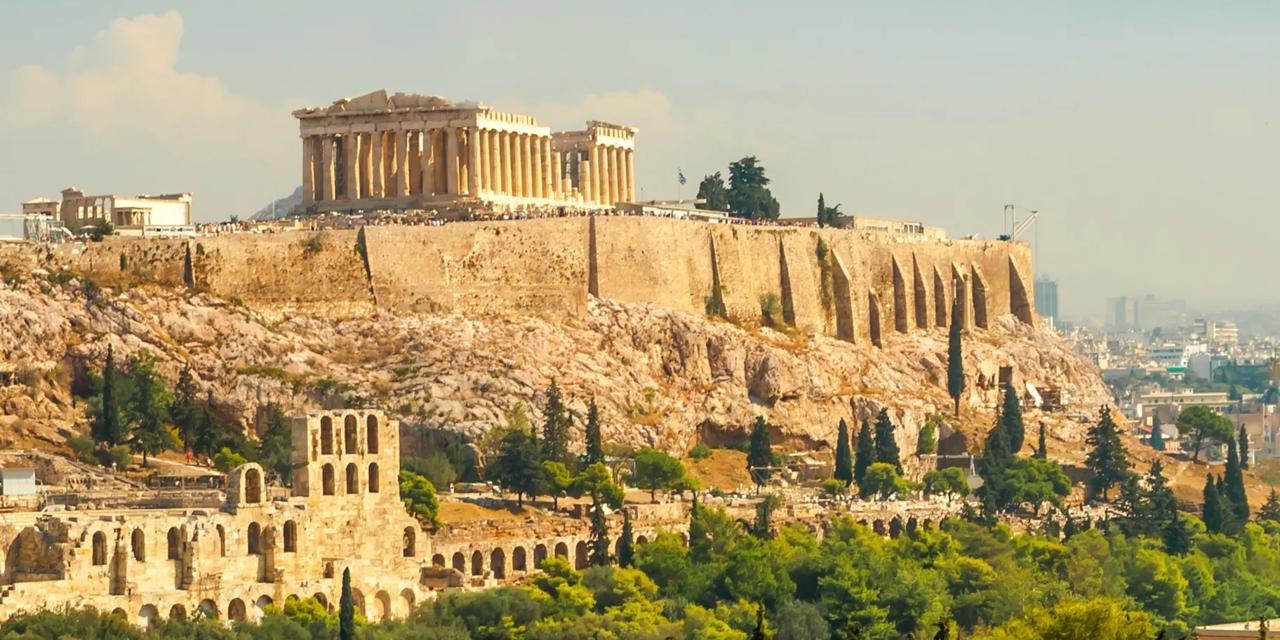
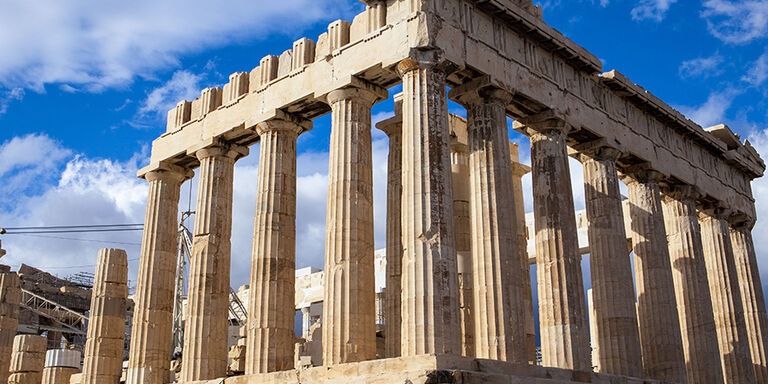
Symbol of ancient Greece
The Parthenon is the most photographed building on the Acropolis, and its columns are the undisputed symbol of the wealth of ancient Greece. The name means ‘the apartment of the Virgin’ and was built for Athena Parthenos, the goddess who gave the city its wealth. When you walk around the temple also note the brilliant finish and the sculptures in the pediments on each side of the façade. The marble panels, called metopes, once displayed beautifully painted and gilded historic scenes, such as the demise of Troy. Unfortunately, these colours have been erased over time.
The metamorphosis of the Acropolis
Almost 200 years ago the Greeks began to restore the city on the hill, erasing the traces of later additions to the Acropolis. In 1875, the Tower of Propylaea was demolished, even though the structure had been an Athens landmark for hundreds of years. A few years ago it became clear that not all restorations had been carried out professionally: a lot of the marble crumbled when the metal that was then used began to rust. Today, the metal has been replaced by titanium, the pillars have been straightened and the wall decorations have been cleaned with lasers. The Acropolis is ready for your visit.
Discover other destinations in Europe
*The displayed prices are for one adult. All amounts are in AUD. Taxes and surcharges are included. No booking fee is applicable, but a payment surcharge may apply. Prices shown may vary depending on fare availability.
The weather forecast information is provided by World Weather Online. Air France-KLM is not responsible for the reliability of this data.

